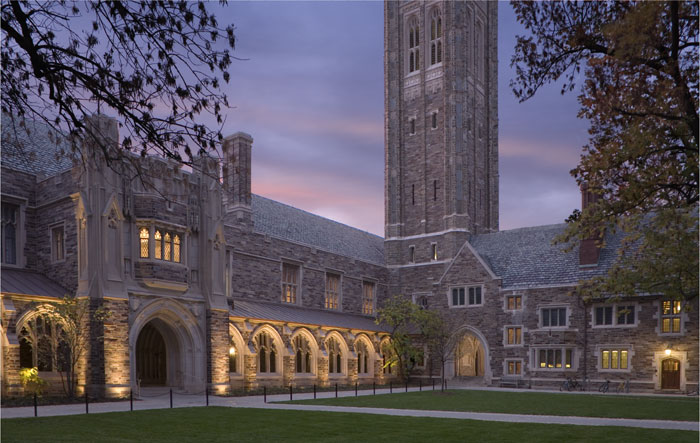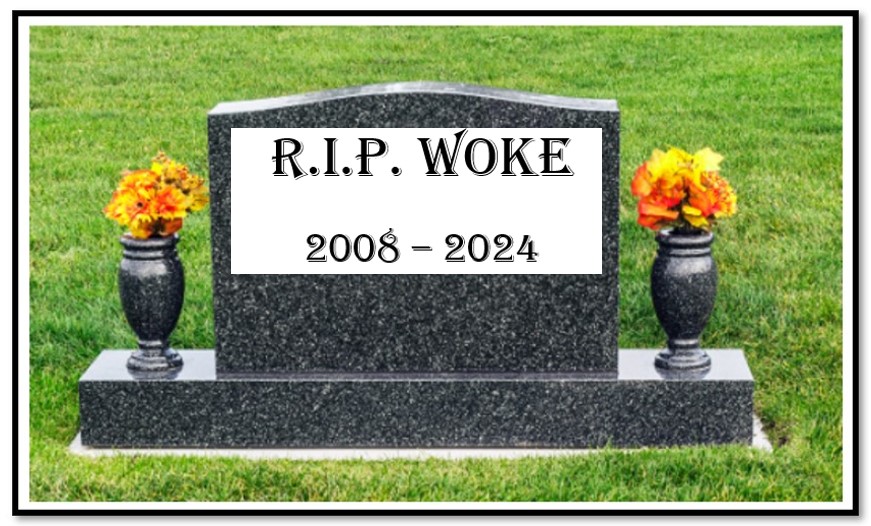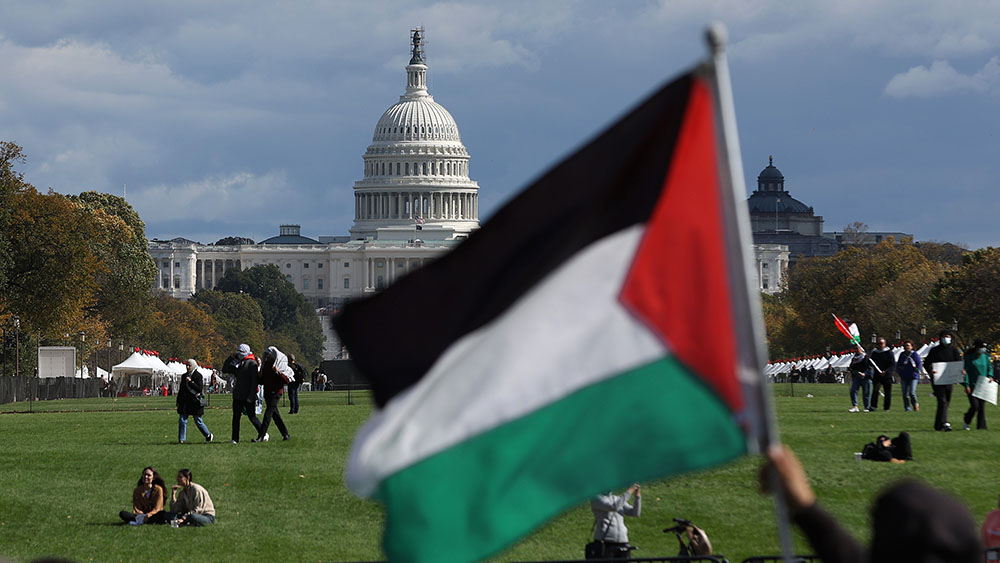Controversy over $400K fund for Texas killer’s family sparks outrage: Legal, ethical questions emerge
04/18/2025 / By Willow Tohi

- Karmelo Anthony, a 17-year-old athlete, stabbed and killed rival runner Austin Metcalf during an argument at a Texas track meet after Metcalf allegedly confronted him over sitting under the wrong team’s tent. Anthony claims self-defense, though critics dispute this, citing his decision to bring a knife to the event.
- Anthony’s family raised nearly $450,000 via crowdfunding—initially for legal defense—but later announced the funds would also cover relocation and security due to alleged racist threats. This sparked debate over the ethics of financing violent offenders’ post-release needs.
- Judge Angela Tucker, Collin County’s first Black judge, reduced Anthony’s bond from $1 million to $250,000, citing his age, clean record and community ties. Critics argue this decision prioritizes privilege over justice and contrasts with harsher penalties for Black defendants in similar cases.
- Anthony’s defense invokes Texas’ broad self-defense laws, while legal experts question whether a deadly knife attack fits “stand your ground” principles. Online debates further polarize the case, with unproven claims of bullying and racial bias shaping public perception.
- The case reflects national divisions on justice, race and accountability—fueling outrage over crowdfunding for violent criminals and perceived disparities in legal outcomes. Victim advocates demand accountability, while Anthony’s supporters frame him as a victim of circumstance.
The family of Karmelo Anthony, the 17-year-old accused of stabbing and killing his track meet rival Austin Metcalf in a violent confrontation earlier this month, has sparked outrage after announcing plans to use hundreds of thousands of dollars donated by supporters to relocate and hire security, rather than pay his reduced $250,000 bond. The revelation has ignited fresh debate over the ethics of crowdfunded support for violent offenders and the role of self-defense claims in juvenile justice. With racial tensions flaring and a first Black judge facing scrutiny for slashing the bond, the case highlights a collision of law, emotion and societal values.
The night a track meet ended in bloodshed
On April 8, what began as a routine district UIL track meet at Frisco’s Kuykendall Stadium turned into a nightmare for two 17-year-old athletes. Witnesses told police that Anthony, a Centennial High School standout, was confronted by Metcalf, a 17-year-old Northside Independent School District competitor, after Metcalf accused him of sitting under the wrong team’s tent. An argument erupted, culminating in Anthony pulling a black knife from his bag and stabbing Metcalf in the chest, killing him. Metcalf’s twin brother, Hunter, cradled his body as medics arrived.
According to an arrest report, Anthony told police he acted in self-defense after Metcalf “put his hands on me.” Though authorities have not disclosed the knife’s origin or whether it was visibly accessible when the two clashed, defense attorneys have framed the attack as a calculated reaction to apparent aggression. Critics, however, dismiss the claim as misplaced, noting the teen carried a weapon to an athletic event without provocation.
From “legal defense” to moving expenses
Within hours of the stabbing, the Anthony family launched a $100,000 fundraiser via GiveSendGo, listing their son’s legal defense as its sole purpose. By April 16, donations had exceed nearly $450,000, prompting the family to revise its goals and destinations for the cash. During a bond hearing on April 14, Andrew Anthony, Karmelo’s father, revealed the funds would also cover security and a potential relocation, citing “graphic and racist threats” targeting his family’s home address after it was leaked online.
Prosecutors challenged this diversion of funds, urging the family to use donations to satisfy the original $1 million bond. Judge Angela Tucker, Collin County’s first Black judge, side stepped the issue, slashing the levy to $250,000 — a move enabling bond payers to post just $25,000. Tucker cited Anthony’s age, lack of prior record and “community ties,” a rationale critics decry as privileging privilege over justice.
Legal loopholes and a judge’s reversal
Anthony’s defense team has leaned heavily on Texas’ centuries-old self-defense laws, which grant expansive protections even to minors. Attorney Mike Howard argued, “Every Texan has the right to defend themselves when they reasonably fear for their life.” Yet legal experts note the knife attack on a school field defies typical “stand your ground” scenarios, where deadly force is supposed to be proportionate to perceived danger.
The case’s narrative has been further muddled by online commentary, with some supporters alleging Metcalf bullied Anthony, despite no evidence of prior interaction between the two. Anthony’s father, meanwhile, recounted his son’s robust academic and athletic résumé—captain of football and track teams, an A student and part-time employee at Foot Locker—as evidence of his “good character.”
Meanwhile, Judge Tucker’s abrupt switch to an “X” account privacy mode after lowering the bond adds to suspicions of professional retaliation. Critics accuse her of advancing a narrative sympathetic to the attacker, despite calls by victims’ rights advocates for accountability.
Moral question mark over fundraising
The case has exposed fault lines in American culture over how society responds to tragic violence. For many, the fund’s evolution from legal aid to relocation paves a paradoxical path to prosperity for a family whose son committed murder. “Is there any limit to how far remorseless supporters will go to legitimize violence?” asked Eliseo Rivera, a Texas criminal justice scholar. “This goes beyond fundraising—it’s a repackaging of a killer as a victim.”
Additionally, the inordinately low bond has sparked comparisons to cases involving Black victims receiving harsher penalties for similar crimes—a theme amplified by the judge’s own racial identity and the alleged racial animus faced by the defense family.
Conclusion
As Anthony prepares to walk free under house arrest, this case underscores the fragile balance between justice and compassion, especially when cash and convolution obscure accountability. Whether the $400,000 fund evolves from a shield to a sword for the accused’s family remains to be seen. For Austin Metcalf’s grieving relatives and justice advocates, however, the path forward is clear: victims’ lives and rights must outweigh efforts to monetize and sanitize murder.
Sources include:
Submit a correction >>
Tagged Under:
absurd, bias, corruption, culture wars, insanity, murder, outrage, race relations, Texas, tragedy, violence
This article may contain statements that reflect the opinion of the author
RECENT NEWS & ARTICLES
COPYRIGHT © 2017 CAMPUSINSANITY.COM
All content posted on this site is protected under Free Speech. CampusInsanity.com is not responsible for content written by contributing authors. The information on this site is provided for educational and entertainment purposes only. It is not intended as a substitute for professional advice of any kind. CampusInsanity.com assumes no responsibility for the use or misuse of this material. All trademarks, registered trademarks and service marks mentioned on this site are the property of their respective owners.


















